IN what it calls a “radical rebalance of Australia’s First World War commemoration,” Canberra’s A Chorus of Women began the world premiere of its new community oratorio, “A Passion for Peace,” last night with an invitation to “open your minds”. And indeed the performance proved to be less about music and more about the achievability of peace.
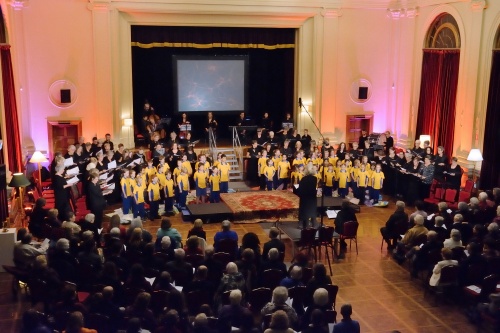
Inspired by the 1915 International Congress of Women attended by some 1200 women from 12 warring and neutral nations, which opened on April 28 in the same week as the Gallipoli landings, the oratorio is based on the idealistic vision that peace can be achieved through the nurturing aspects of woman’s nature.
That was the idea underlying the entire concert and in commenting on lofty ideas so dear to last night’s jam-packed audience of the committed, one is reminded of Yeats’s advice to “tread softly, because you tread on my dreams.”
Performed by a formidable array of more than 100 women and children from Arawang Primary School Choir under the tutelage of Lynne Kowalik, the concert drew on considerable talent in its instrumentalists and soloists, not least Louise Page, Margaret Sim, Christina Wilson, Angela Giblin, Maartje Sevenster, violinist Rowan Harvey-Martin and pianist-vocalist Alan Hicks.
It was essentially a community project, however, and the unevenness of quality made it clear that musical director Johanna McBride had been reluctant to eliminate some of the lesser voices from her line-up; this left the more powerful and articulate vocalists with the task of out-singing their fellows.
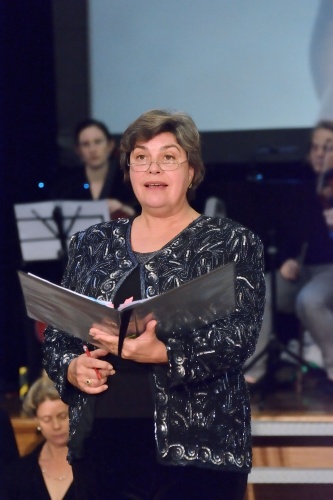
Happily, the thrilling soprano of Page, who opened and closed the oratorio, held the presentation together. As well, Wilson’s grief-stricken reflection on a sad Christmas, the crystal-clear articulation of Sevenster progressed the narrative elements and the almost sinister, otherworldly voice of Margaret Sim evoked the impending seeds of discord a terrifying image of a blinded boy. Darkly dramatic, Giblin boldly confronted the audience straight-on.
Gentler references tender memories of childhood and the evocation of a sad Christmas without men were also high points of this performance, so it was mystifying that one singer used a mike.
Working with a limited musical palette, composer Cloughley has created some beautiful and haunting passages for the adult chorus and some affecting songs for the children. There were musical references to children’s songs, military bugle/trumpet, the militaristic foot-sounds produced by a live male trio, kookaburra noises, and even a bit of hip-hop performed by the kids, inexplicably reading from large sheets of text.
But except for those references and the unnerving arias for Sim, there was a feeling of similarity in much of the music that seem to demand tighter editing and a clarified structure.
As it was the oratorio was divided into headlined segments with titles like “Mothertime”, “Trauma Law”, “Children’s Dreams”, “Women Gathering”, “Resolutions Committee” and “Laws For Peace”.
The words were often projected onto a large upstage screen, a mistake in my view because it drew attention to the need for less prosaic wording. With a polemic drive that was unmistakable, the text was full of commonplaces like, “when will the voice of wisdom assert itself?”, “Peace is the nurture[r] of human life” and “We women must show/We maintain our friendships”.
Most challenging of all was use of the literal wording of the 1915 Congress resolution, where the musicians had to work hard to elevate the tone. A poetic libretto would have served the work better.
Towards the end of the long performance, there seemed to be uncertainty about how to end, with several false alarms. In one, Page sang to the children about looking to the future, getting a big “Yeah” from the kids in answer. Then we heard of the unity vote at the Congress, and then there was a joyous affirmation that “Peace is harmony.” In the end, Cloughley opted for a quiet conclusion, but it seemed a while coming.
To me, it was another well-worn phrase that came to mind: less is more.
Who can be trusted?
In a world of spin and confusion, there’s never been a more important time to support independent journalism in Canberra.
If you trust our work online and want to enforce the power of independent voices, I invite you to make a small contribution.
Every dollar of support is invested back into our journalism to help keep citynews.com.au strong and free.
Thank you,
Ian Meikle, editor
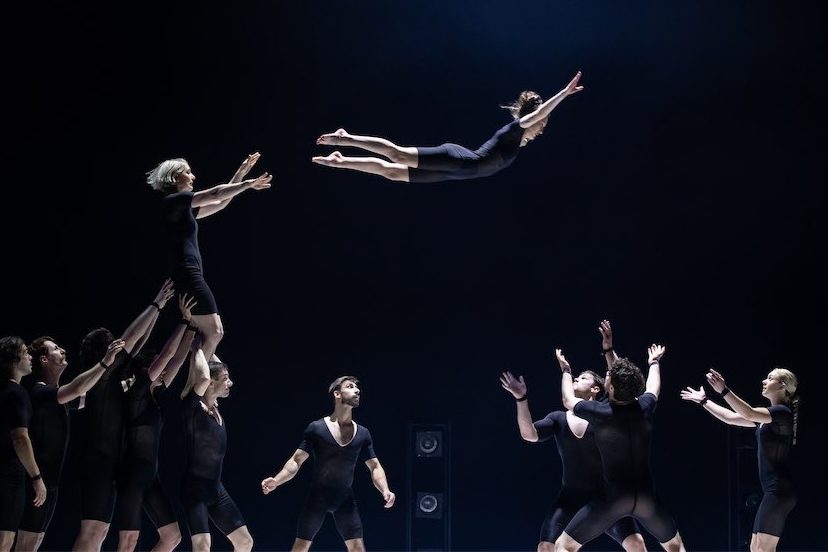
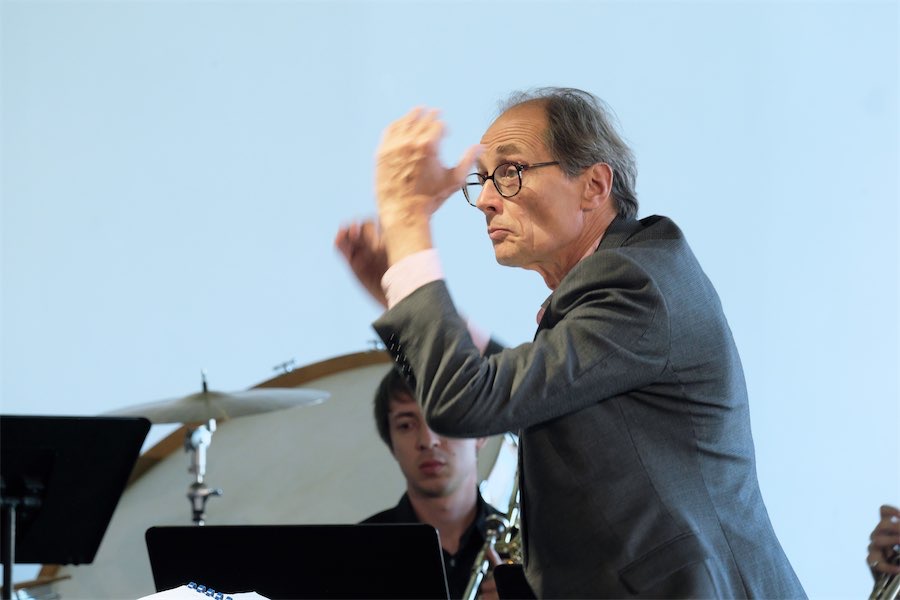
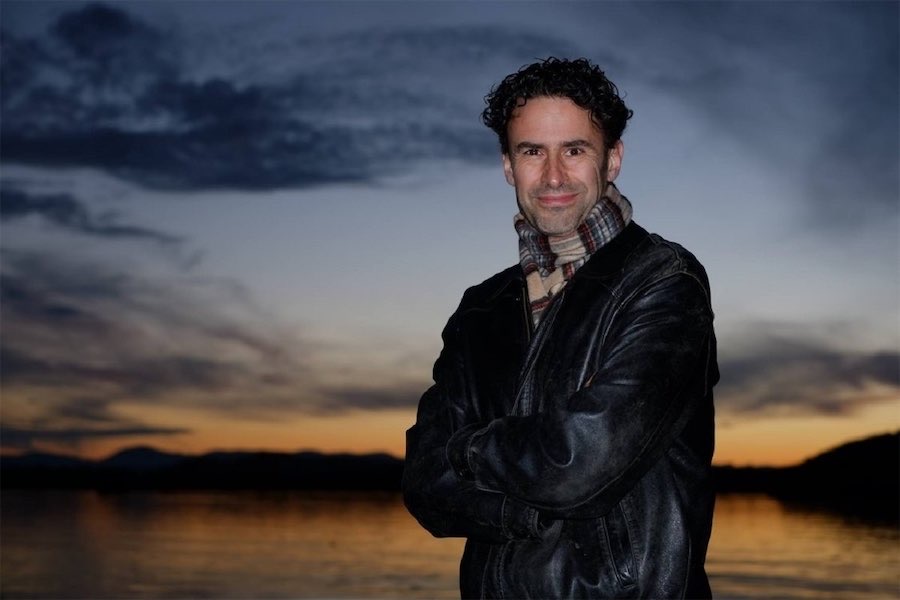

Leave a Reply